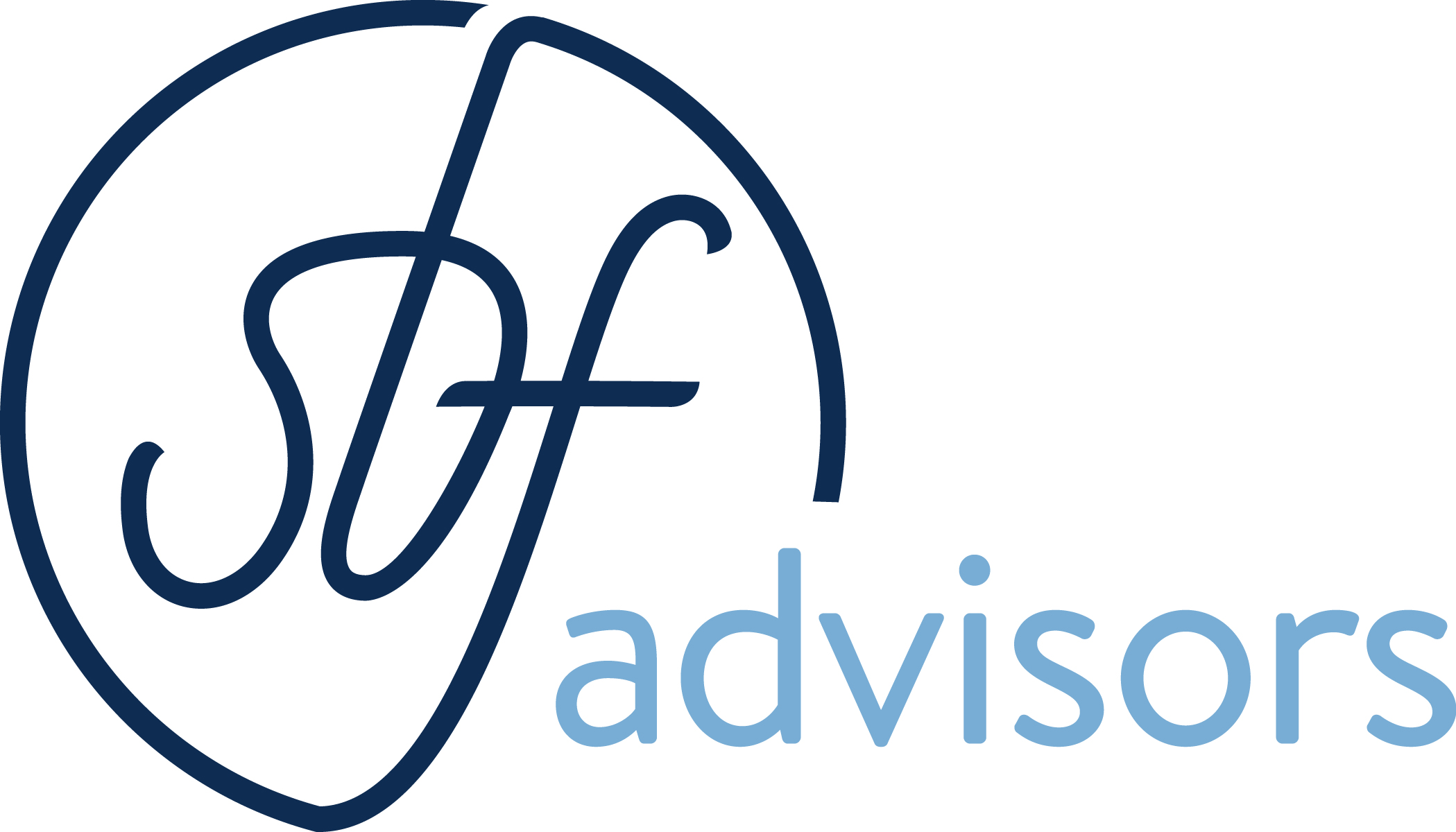The child tax credit arrives this week: What you need to know.
Millions of families will see hundreds of dollars hit their bank accounts this week. Here are our answers to frequently asked questions about the Advance Child Tax Credit.
Millions of Americans have been anticipating the arrival of the child tax credit in their bank accounts, and on July 15, the first payments are scheduled to be paid out. Here are answers to common questions about the child tax credit:
Who is eligible for the enhanced child tax credit?
All Americans with dependent children 17 and under are eligible, depending on their adjusted gross incomes. For individual taxpayers, the income limit is $75,000; for heads of households, $112,500; and for married taxpayers filing jointly (as well as widows/widowers), $150,000.
Individuals making more than $95,000 and married couples making over $170,000 are completely ineligible for the tax credits, but for those in between those limits, the credit is reduced by $50 per month for every additional $1,000 of adjusted gross income earned.
Those with no or little income are also eligible for the payments. If you don’t usually file a tax return, you can register with a new tool from the IRS to make sure you get your advance child tax credit on time.
How much are the payments?
Each payment will be up to $300 per month for each child under age 6 and up to $250 per month for each child ages 6 through 17.
Why are families getting these payments?
The payments that start going out on July 15 are advance payments. Normally, families file tax returns and their child tax credits (if they are eligible) are factored in when their tax professional prepares their return. A child tax credit might mean you get a refund or that your overall tax burden is reduced. As part of the American Rescue Plan, the coronavirus stimulus package signed by President Biden in March, Congress included the option for families to receive an increased tax credit as a monthly payment.
When will the payments arrive?
Each month, from July to December 2021, the payment will arrive on the 15th, except for August, when it will arrive on the 13th. You will receive the rest of the credit (covering January-June) when you file your 2021 tax return.
How will the payments be paid out?
Eligible families will receive advance payments, either by direct deposit or check.
What do I do if I don’t get my payment?
Talk with your tax professional or check the IRS website. For past stimulus payments and other checks, the IRS has set up a dedicated website and phone number for those whose payments have been missed. Also, use the IRS site to update your information and check your eligibility.
Can I unenroll in the advance payments?
There are families in some situations that might not want to receive the monthly payments, including those who expect to owe taxes. Talk with your tax professional about whether it makes sense to unenroll, or visit the IRS site on unenrolling. Anyone wishing to unenroll must do so via the IRS portal.
How do I change my direct deposit information?
You can change your information via the IRS Advance Child Tax Credit Update Portal, but any changes you make now will go into effect for the August payment, not the July payment.
Do families have to pay this money back to the IRS?
Some families will. The payments are advances on 2021 tax credits that the IRS is paying to families early. If you qualify for payments based on your 2020 income, but your 2021 income disqualifies you, you will need to pay the amount of the credits back. If you are concerned about whether you will need to pay back your Advance Child Tax Credit, talk to your tax professional about whether unenrolling would make more sense for your family.
If you have any questions about the Advance Child Tax Credit, reach out to us at info@sbfcpa.com.

